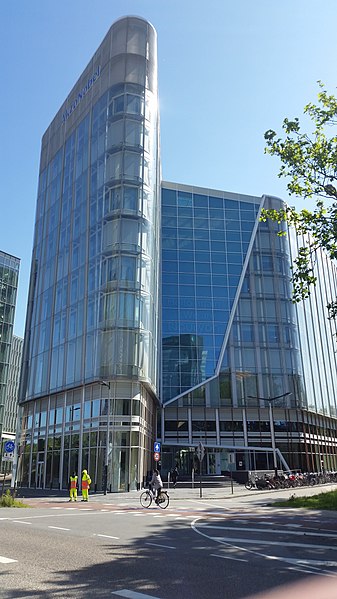
Despite publicly stating a reduction in activities in Russia following the 2022 invasion of Ukraine, Dutch paint group AkzoNobel's Russian subsidiaries have shown growth.
Reports from NRC, based on annual reports from three Russian subsidiaries, reveal that AkzoNobel paid approximately €16 million in profit tax to the Kremlin over the past two years.
In the previous year, turnover from the Russian subsidiaries increased by 8% following a 3% decline in 2022, with a net profit exceeding €37 million. Although fully owned by AkzoNobel in Amsterdam, the Russian subsidiaries have not distributed dividends since 2022.
These financial results contrast with AkzoNobel's public statement that it significantly scaled back operations in Russia. During the annual financial presentation in February, AkzoNobel's CFO Maarten de Vries indicated a halving of business in Russia.
Responding to inquiries, an AkzoNobel spokesperson acknowledged the reduction but highlighted unexpected volume increases in remaining operations. The spokesperson emphasized that companies are legally obliged to pay taxes where they operate, suggesting non-compliance could lead to nationalization by Russia.
NRC reports suggest that AkzoNobel's Russian growth may be linked to continued imports of raw materials for paints and coatings from Sweden, Vietnam, and Turkey. This data conflicts with AkzoNobel's claim since April 2022 that its Russian subsidiaries operate solely on a local level.
AkzoNobel joins other multinational companies facing scrutiny for continuing business in Russia amid conflicting public statements. Notably, Heineken introduced new products in Russia post-pledge, and Unilever received €200 million in royalties from its Russian arm despite assurances of withdrawal. Photo by Ceescamel, Wikimedia commons.








































